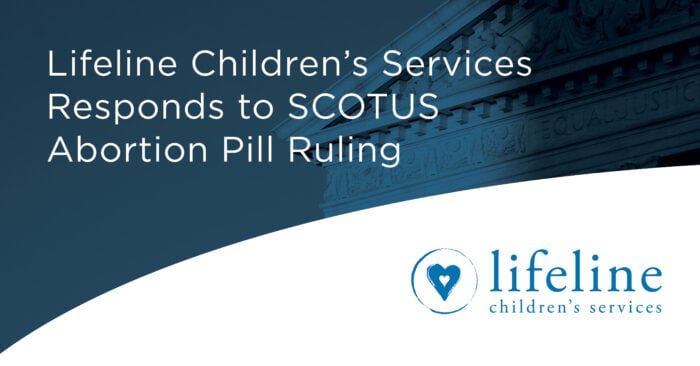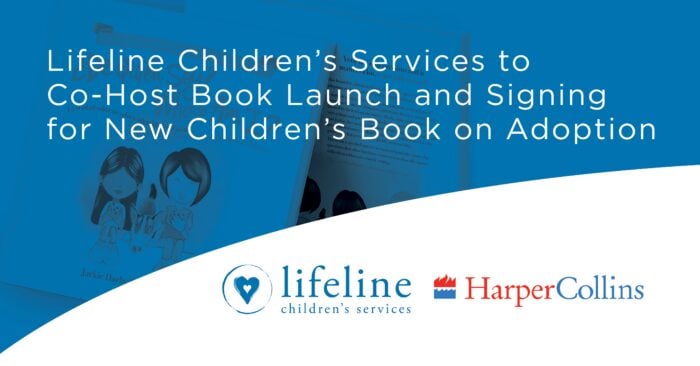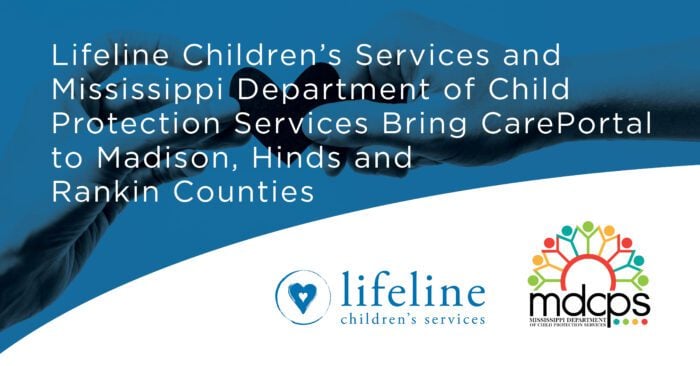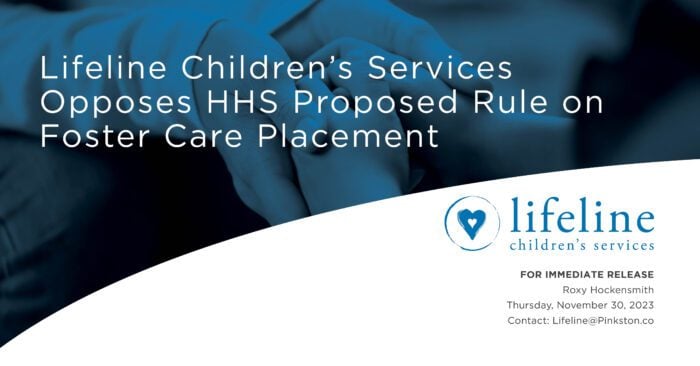

Rick Morton, Vice President of Engagement
This is the 3rd post in a series entitled “10 Things That Will Kill Your Church’s Orphan Ministry.” This series is born out of several years of consulting with and observing many churches across America develop orphan care ministries. Over time, I have noticed some common mistakes that cause these ministries to struggle and even fail. I want to share those observations with you in an effort to help and to stir a discussion about the good things being done to minister well in orphan care.
So, two more things that will kill your orphan ministry are…
#5 No Accountability
No church has the ability to be an island unto itself in orphan care.
There is no way that an individual local church can really be engaged in local and global orphan care at a high level without help. Healthy, trusted partners are essential. These partners can come in the form of parachurch ministries that facilitate local churches being able to meet orphans’ needs well or in the form of other local churches that are closer in proximity to where fatherless children are.
Either way, we have to be able to link arms with like minded brothers and sisters that we can trust. One ethical breach (or even perceived ethical breach) by a partner you have championed to your congregation as trustworthy, and have probably harmed your ministry reputation beyond repair. Your credibility is shot. Although you may have done nothing wrong in your own ministry, you are guilty by association in the eyes of many who don’t understand that you are not the ministry with which you partner.
We Can’t Be Part Of Harming A Child
Even worse, your lack of care may mean you have been unwittingly complicit in neglecting or harming a child. This is unacceptable. People expect that we will do our due diligence in vetting the partners we choose to work with and ensure that they continue to be who they say they are and do what they say they do.
Ultimately, our care in this matter is an act of worship. We are to take care in how we care for children because of how Jesus cares about them. Don’t forget Jesus’ emphasis from His own ministry. He took protecting children with the utmost seriousness. Remember what he said about our sin leading them to sin:
but whoever causes one of these little ones who believe in me to sin, it would be better for him to have a great millstone fastened around his neck and to be drowned in the depth of the sea. (Matthew 18:6, ESV)
Failure to adequately get to know and maintain accountability with those whom you close to partner with in ministry will likely prove too costly not to do.
Put Together A Potential Ministry Checklist
What I would suggest is putting together a checklist about any potential ministry partner. In this checklist, include a few actions that you would take and some questions that you would have to have answered before you could begin a partnership as well as the basis for how you would evaluate the partnership on an on-going basis. Here are some suggestions:
- Personally interview partners thoroughly. If they don’t have time to talk to you and be responsive to your questions and inquiries, it’s probably a great sign that they will not communicate appropriately or be appropriately transparent with you to ensure your comfort with them later.
- Take a site visit if at all possible. There is no substitute for actually seeing them work in their context. Certainly, they will put their best foot forward while you are present, but you can still learn a great deal, and done properly, you can learn what others in the community know about them and think of them.
- Check references. Talk to people who partner with them, who work with them, and who have worked with them. Ask references for additional references so that you can go a couple of levels deeper into discovering what people really say about them.
- Examine credentials and operating policies. Are they ECFA accredited and/or are their audited financial statements available to examine? Are their overhead expenses kept to an acceptable level? Are they a CAFO member organization? DO they have other memberships of certifications that speak to their credibility? What child welfare policies do they adhere to and how do they evidence compliance?
- Determine how they define ministry effectiveness. Does their philosophy of ministry and set of goals mesh with your ministry’s mission and vision? How do they measure whether they are being effective at meeting their ministry goals? Are they accountable to donors/ministry partners for pursuing/accomplishing these goals? How do they report this information?
- Assess ongoing accountability. Do they have policies and procedures that protect children and resources? Do they have on-going assessment to determine how they are doing in the areas of child and resource protection? Does the ministry change as a result of this assessment? How do you know?
I am sure that you will be able to think of much more that you would add, but the bottom line is great partnerships are intentional partnerships.
How have you gone about finding and maintaining partnerships? We would love to partner with your church to help challenge and equip your members to share the reality, communicate God’s call, and find practical ways to respond. We also have created a resource page that we hope will bring momentum to your church in caring for the fatherless. Visit lifelinechild.org/orphan-sunday for more information.
#6 Over-Emphasis on Adoption
It seems like the #1 misconception that we face in the church about orphan care is that caring for orphans is just about adoption. All of us who are very engaged in orphan care understand both how wrong this notion is and how prevalent it is.
One of the reasons that churches struggle to engage people in orphan care is the mistaken impression that if you aren’t going to adopt you can’t do orphan care, and often, we subtly reinforce it.
If the church’s orphan care strategy is dominated by an emphasis upon adoption, then we don’t really help people to see the orphan crisis properly or how to respond to it properly either.
If we realize that of the world’s 153,000,000 (or likely many more) orphans, less than 18 million are adoptable to Americans, we have to know that our orphan care strategy must be balanced to do more than promote adoption by those in our church.
What else do we need to emphasize:
- Orphan Prevention
- Family Reunification
- Indigenous Adoption
- Transitional Assistance
- Foster Care
- And more
How are you bringing balance to your orphan ministry efforts? We would love to partner with your church to help challenge and equip your members to share the reality, communicate God’s call, and find practical ways to respond. We also have created a resource page that we hope will bring momentum to your church in caring for the fatherless. Visit the Orphan Sunday page for more information.
To view all 5 parts of this series, visit the links below:
Part 1
Part 2
Part 3
Part 4
Part 5



